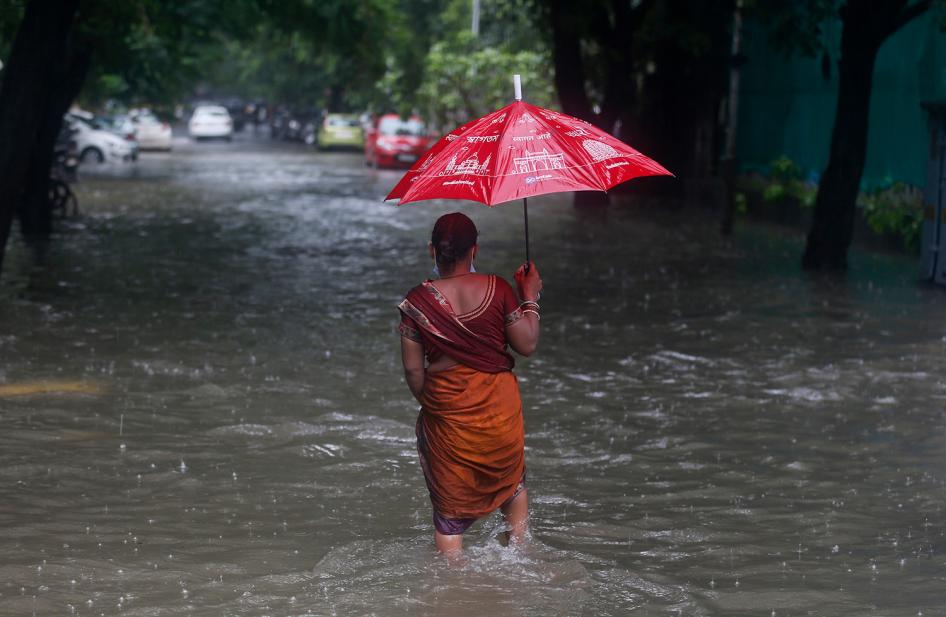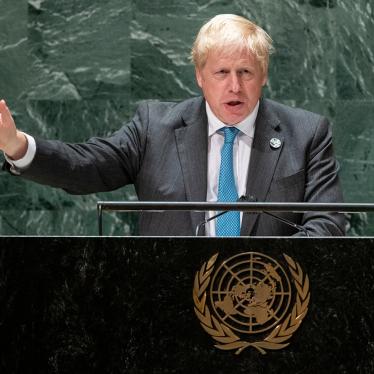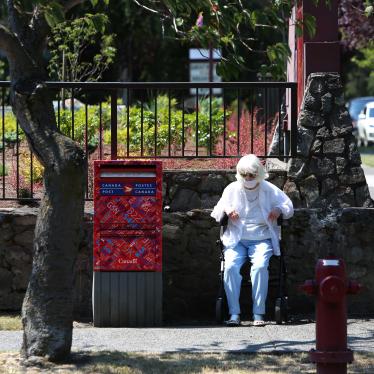When the United Nations High Commissioner for Human Rights Michelle Bachelet spoke to the UN Human Rights Council at the beginning of its current session, three weeks ago, she told governments: “Addressing the world's triple environmental crisis is a humanitarian imperative, a human rights imperative, a peace-building imperative, and a development imperative.”
During this council session, two major initiatives were proposed to meet the multi-dimensional imperative Bachelet lays out. As the session draws to a close, governments should take this critical opportunity to protect the environment and support these initiatives.
The first is a resolution recognizing the right to a healthy environment. The initiative reflects a growing call from states, UN agencies, NGOs, trade unions, and business groups to address the global environmental crisis as one of the primary human rights concerns of the 21st century. Global recognition of this right will help empower local communities to defend their livelihoods, health, and culture against environmental destruction, and help governments develop stronger and more coherent environmental protection laws and policies.
The second initiative would create a UN special rapporteur on human rights and climate change. This new post for an independent expert would help increase accountability for rights abuses linked to climate change and guide governments on how to uphold their rights obligations to address climate change through country visits and communications to governments, studies, and expert consultations.
The adoption of these resolutions would send an important signal to many communities around the world already hard-hit by environmental degradation. It could improve efforts to provide those most affected with the tools and support needed to protect their lives and rights from unprecedented environmental harm.
Human Rights Council members in Geneva have a unique opportunity to recognize this reality and make sure their actions are consistent with their commitment to address the global environmental crisis. Weeks out from the global COP 26 climate summit, this is a matter of credibility for governments aspiring to do their part to save the planet. And it is a matter of fulfilment of basic rights and survival for millions around the world who urgently need their governments to finally recognize and address the crises.










